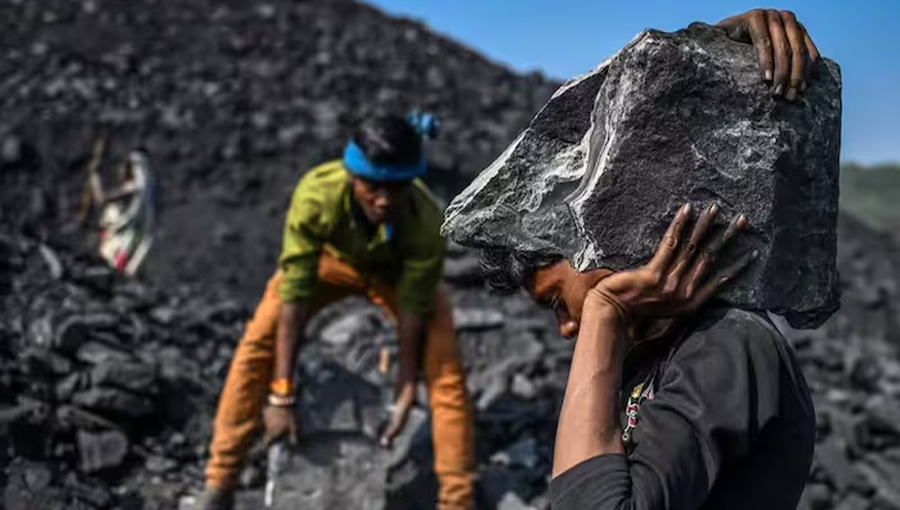India–US Trade Tensions Rise Over Steel and Auto Tariffs NMDC Limited reports a 38% drop in Q4 FY24 consolidated net profit RINL to Raise $23 Million Through Land Sales Amid Crisis

India has decided to abandon its plan to form a coking coal import consortium, sources close to the matter revealed today. The consortium was intended to consolidate the purchasing power of major steel producers to secure better pricing and ensure a stable coking coal supply, a crucial raw material for steel production.
The decision follows shifts in global market conditions and strategic priorities. Recent fluctuations in international coal prices, changes in trade policies, and concerns about the consortium's effectiveness in negotiating competitive rates contributed to the decision. Additionally, the evolving landscape of carbon emissions regulations and sustainability goals may have played a role in the re-evaluation of the plan.
Industry insiders had anticipated that the consortium would streamline coal procurement and reduce costs for Indian steelmakers. However, with the global coal market stabilizing and domestic production capabilities improving, some stakeholders believe alternative strategies may now offer better outcomes.
The move has elicited mixed reactions from the steel sector. While some stakeholders view the decision as a practical response to market realities and potential inefficiencies of the consortium, others see it as a missed opportunity for enhanced collective bargaining power. These concerns are valid and reflect the complex nature of the decision-making process in the steel industry.
In light of this development, the Indian government and industry bodies, along with the active participation of stakeholders, are exploring new approaches to secure coking coal supplies and strengthen the sector's supply chain resilience. As the steel industry adapts to these changes, stakeholders will play a crucial role in shaping the future of the industry, and their input will be closely considered in the development of future strategies.
Also Read : Coal sector contributes over ₹70,000 crore annually to centre and states Waltair Railway achieves all-time best iron ore loading